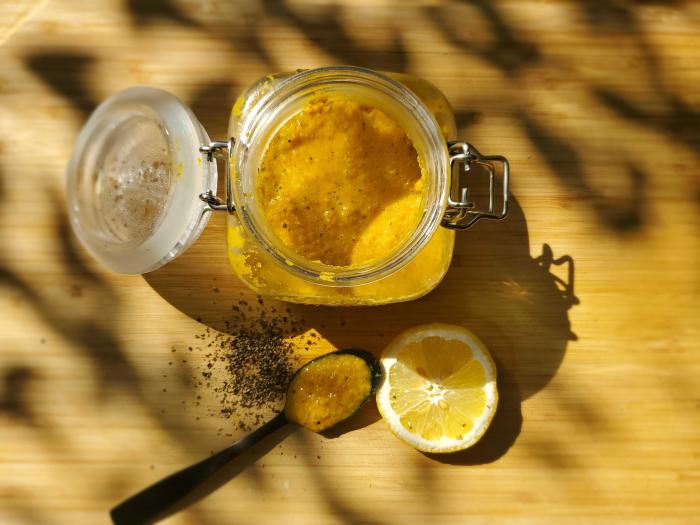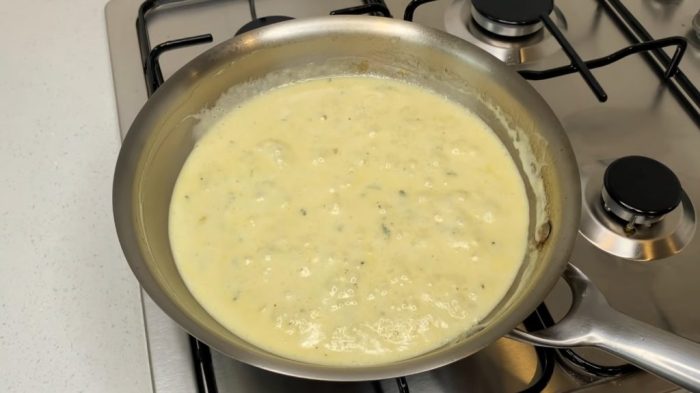Lemon Pepper Sauce Recipe A Flavorful Guide
Lemon Pepper Sauce: A Flavorful Exploration: Lemon Pepper Sauce Recipe

Source: redd.it
Lemon pepper sauce recipe – Lemon pepper sauce, a seemingly simple condiment, boasts a rich history and surprising versatility. While pinpointing its exact origin is difficult, its popularity likely stems from the inherent complementary nature of lemons and peppers – a bright, acidic counterpoint to a spicy, savory punch. Its ease of preparation and adaptability to various cuisines have solidified its place in kitchens worldwide, from casual weeknight dinners to sophisticated culinary creations.
Introduction to Lemon Pepper Sauce

Source: recipes.net
The exact origins of lemon pepper sauce remain somewhat obscure, likely evolving from the natural pairing of lemons and peppers in various regional cuisines. Its rise in popularity can be attributed to its simple yet effective flavor profile, its ease of preparation, and its remarkable adaptability to a wide range of dishes. A good lemon pepper sauce balances the bright acidity of lemon with the varying heat and subtle nuances of different peppers.
The result is a flavor profile that is both refreshing and complex, capable of enhancing both simple and elaborate dishes.
Recipe Variations: Comparing Different Approaches
Three distinct approaches to lemon pepper sauce highlight the impact of ingredient choices on the final product. Using fresh lemons, lemon juice, or lemon zest each offers a unique textural and flavor experience.
| Recipe | Ingredients | Preparation Time | Flavor Profile |
|---|---|---|---|
| Fresh Lemon | Fresh lemon, peppercorns, olive oil, salt | 15 minutes | Bright, zesty, with a subtle oiliness |
| Lemon Juice | Lemon juice, ground pepper, garlic powder, salt | 5 minutes | Tangy, intense lemon flavor, slightly less complex |
| Lemon Zest | Lemon zest, peppercorns, herbs (optional), olive oil, salt | 10 minutes | Intense lemon aroma, more textured, slightly bitter notes |
Ingredient Focus: Lemons and Peppers
The quality of your lemons and peppers significantly impacts the final flavor of your sauce. Selecting ripe, fragrant lemons with a thin, bright yellow peel is crucial for maximizing both juice and zest. Similarly, the type of pepper chosen dictates the heat and flavor profile.
For optimal flavor extraction from lemons, use a juicer to extract the maximum amount of juice. For zesting, use a microplane or fine grater to obtain the fragrant outer layer, avoiding the bitter white pith. Black peppercorns, cayenne pepper, or a blend of chili flakes can be used, each contributing a unique level of heat and flavor complexity.
Preparation Methods and Techniques
A classic lemon pepper sauce can be made easily using a simple method, while an immersion blender offers a smoother, quicker alternative.
Creating a delicious lemon pepper sauce involves balancing the bright citrus notes of lemon with the savory spice of black pepper. For a similar depth of flavor profile, but with a smoky twist, consider adapting techniques from a great recipe for homemade bbq sauce ; the balance of sweet and savory could inspire your lemon pepper sauce creation.
Ultimately, both sauces offer exciting culinary possibilities depending on your preference for sweetness versus spice.
- Classic Method: Combine freshly squeezed lemon juice, freshly ground peppercorns (or your preferred pepper blend), olive oil, and salt. Whisk until well combined.
- Immersion Blender Method: Combine all ingredients in a blender cup. Use an immersion blender to emulsify the mixture until smooth and creamy. This method produces a smoother texture but may slightly diminish the pepper’s textural presence.
Common mistakes to avoid include using pre-ground pepper (it loses its potency quickly), over-juicing the lemons (resulting in a bitter taste), and not properly emulsifying the oil and liquid components (leading to separation).
Serving Suggestions and Applications, Lemon pepper sauce recipe
Lemon pepper sauce’s versatility shines in its diverse applications. It can be used as a marinade, a salad dressing, a dipping sauce, or even incorporated into pasta dishes.
- Marinades: Chicken, fish, and tofu all benefit from the zesty marinade.
- Recipes: A lemon pepper pasta with cherry tomatoes and feta cheese, a vibrant lemon pepper vinaigrette for a green salad, and a creamy lemon pepper dipping sauce for vegetables.
The finished lemon pepper sauce, depending on the recipe, presents as a vibrant, translucent liquid with flecks of pepper and a glossy sheen. Its texture can range from slightly oily and chunky (classic method) to completely smooth and emulsified (immersion blender method).
Storage and Shelf Life
Proper storage is essential for maintaining the freshness and flavor of your lemon pepper sauce. Refrigeration is ideal, extending its shelf life to approximately one week. Freezing is possible, but may slightly alter the texture upon thawing. The flavor intensity might subtly decrease over time, particularly after freezing. It is recommended to consume within a month of freezing.
Top FAQs
Can I make lemon pepper sauce ahead of time?
Yes, lemon pepper sauce stores well in the refrigerator for up to a week. Freezing is also an option, but the texture might slightly change upon thawing.
What happens if I use too much pepper?
If your sauce is too spicy, try adding a touch of sugar or honey to balance the heat. You can also add more lemon juice to brighten the flavor.
Are there any substitutes for lemons?
While lemons provide the signature flavor, you can experiment with limes for a slightly different citrusy profile. However, the overall taste will be altered.
Can I use dried peppers instead of fresh?
Yes, but be mindful that dried peppers are more concentrated in flavor and heat. Start with a smaller amount and adjust to taste.














